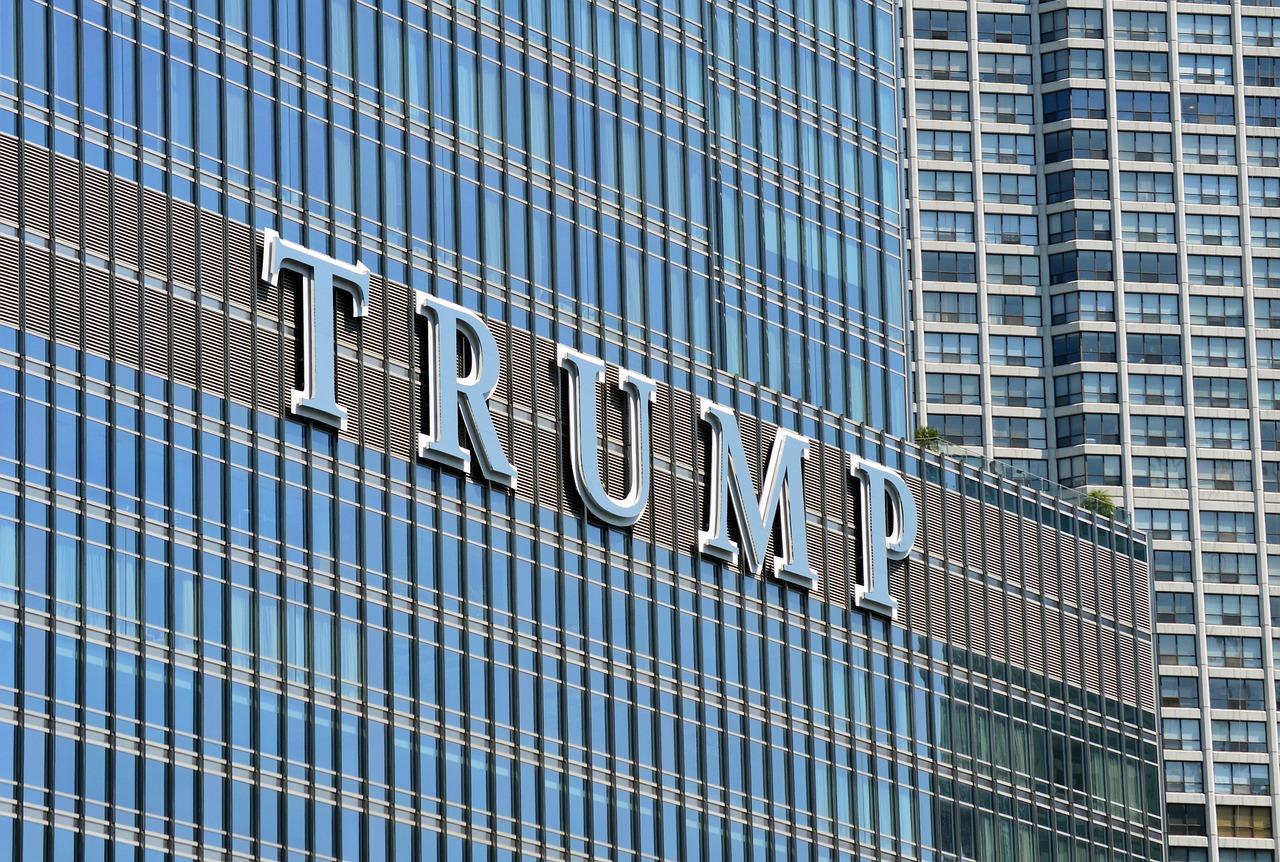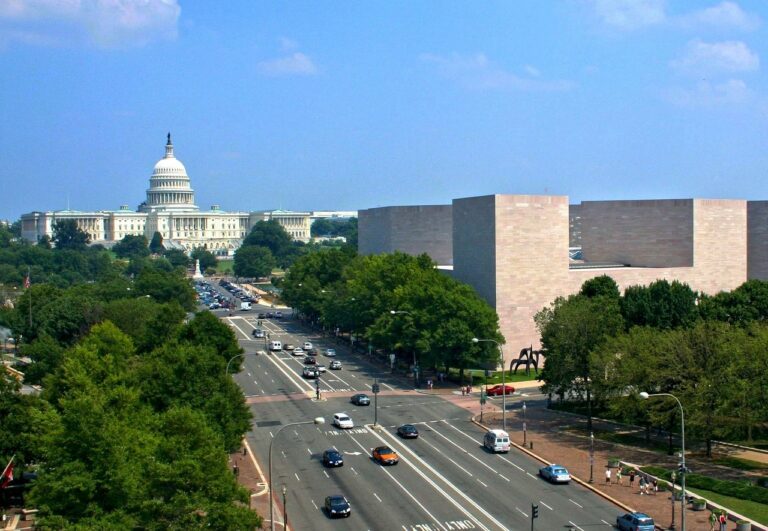Political Speeches and Their Impact on Voter Mobilization
Political speeches have long served as a platform for leaders to sway public opinion and garner support for their agendas. Through the strategic use of language, tone, and rhetoric, politicians aim to persuade their audience to align with their views and beliefs. By framing issues in a way that resonates with the emotions and values of the audience, speakers can effectively convey their message and influence the opinions of the masses.
Effective persuasive speeches often incorporate storytelling, anecdotes, and vivid imagery to captivate the audience and evoke strong emotional responses. By appealing to the audience’s emotions, political leaders can create a sense of urgency or empathy that compels individuals to take action or support a particular cause. Through the art of persuasion, politicians can shape public perception, build trust, and rally support for their policies and initiatives.
Political speeches are a powerful tool for leaders to sway public opinion
Strategic use of language, tone, and rhetoric helps politicians persuade their audience
Framing issues in a way that resonates with emotions and values is key
Effective persuasive speeches often incorporate storytelling, anecdotes, and vivid imagery to captivate the audience
By appealing to emotions, political leaders can create a sense of urgency or empathy
Persuasion allows politicians to shape public perception, build trust, and rally support for their policies
The Role of Emotional Appeals in Mobilizing Voters
Emotional appeals play a crucial role in the success of political campaigns by connecting with voters on a deeper level. Candidates often utilize emotional language and personal anecdotes to evoke strong feelings of empathy and camaraderie among the electorate. By appealing to voters’ emotions, politicians can create a sense of unity and shared values, ultimately motivating individuals to support their cause.
Moreover, emotional appeals have the power to sway undecided voters and mobilize a larger segment of the population to actively participate in the political process. When politicians tap into the hopes, fears, and aspirations of voters, they are able to create a sense of urgency and importance around their campaign. This emotional connection fosters a sense of loyalty and commitment among supporters, driving them to not only vote but also to advocate for the candidate within their own social circles.
Analyzing the Rhetorical Strategies of Political Leaders
Political leaders employ a variety of rhetorical strategies to capture the attention of their audiences and convey their messages effectively. Through the use of persuasive language and engaging delivery, they aim to sway public opinion and garner support for their policies and campaigns. By carefully selecting their words and framing their arguments, political leaders can shape the narrative and influence the beliefs and perceptions of the masses.
One common tactic used by political leaders is the use of emotional appeals to connect with voters on a personal level. By tapping into feelings of fear, hope, or pride, they can evoke strong emotions that push individuals to take action or change their stance on issues. Emotional appeals help create a sense of urgency and importance, driving individuals to rally behind a cause or candidate.
What are some examples of rhetorical strategies used by political leaders?
Political leaders often use techniques such as repetition, appeals to emotion, logical reasoning, and the use of persuasive language to sway their audience.
How do emotional appeals play a role in mobilizing voters?
Emotional appeals can be powerful in motivating voters to take action, as they can create a sense of urgency or connection to the issues being discussed by the political leader.
Why is it important to analyze the rhetorical strategies of political leaders?
Analyzing the rhetorical strategies of political leaders can help us understand how they communicate their messages and influence public opinion, as well as providing insights into their leadership style and effectiveness.
How can the power of persuasion in political speeches impact public opinion?
The power of persuasion in political speeches can shape public opinion, influence decision-making, and ultimately impact the outcomes of elections and policy-making.







